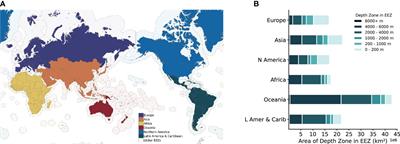PERSPECTIVE
Published on 13 Jun 2024
Broadening inclusivity at sea

doi 10.3389/fmars.2024.1387204
- 1,102 views
17k
Total downloads
45k
Total views and downloads
You will be redirected to our submission process.
PERSPECTIVE
Published on 13 Jun 2024

ORIGINAL RESEARCH
Published on 05 Apr 2024
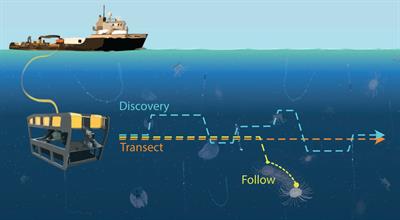
ORIGINAL RESEARCH
Published on 12 Dec 2023
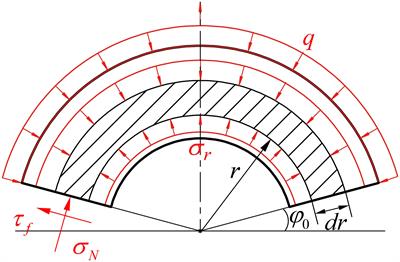
ORIGINAL RESEARCH
Published on 11 Dec 2023
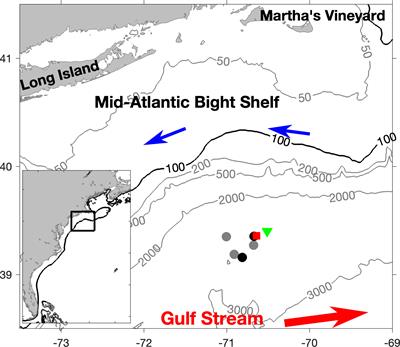
ORIGINAL RESEARCH
Published on 07 Dec 2023
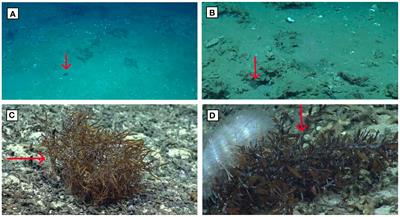
ORIGINAL RESEARCH
Published on 23 Nov 2023
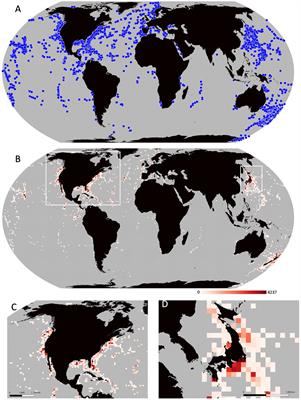
BRIEF RESEARCH REPORT
Published on 25 Oct 2023
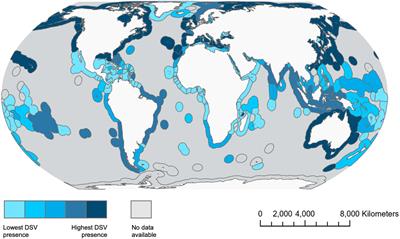
ORIGINAL RESEARCH
Published on 23 Oct 2023
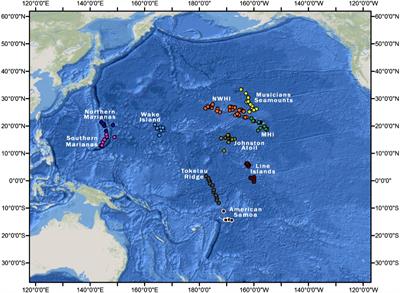
COMMUNITY CASE STUDY
Published on 06 Oct 2023
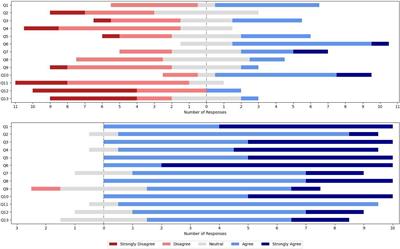
PERSPECTIVE
Published on 02 Oct 2023
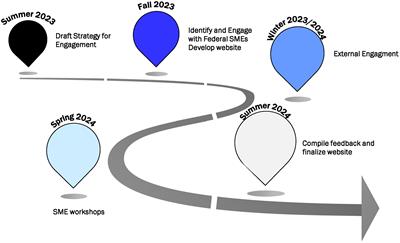
PERSPECTIVE
Published on 09 Aug 2023
